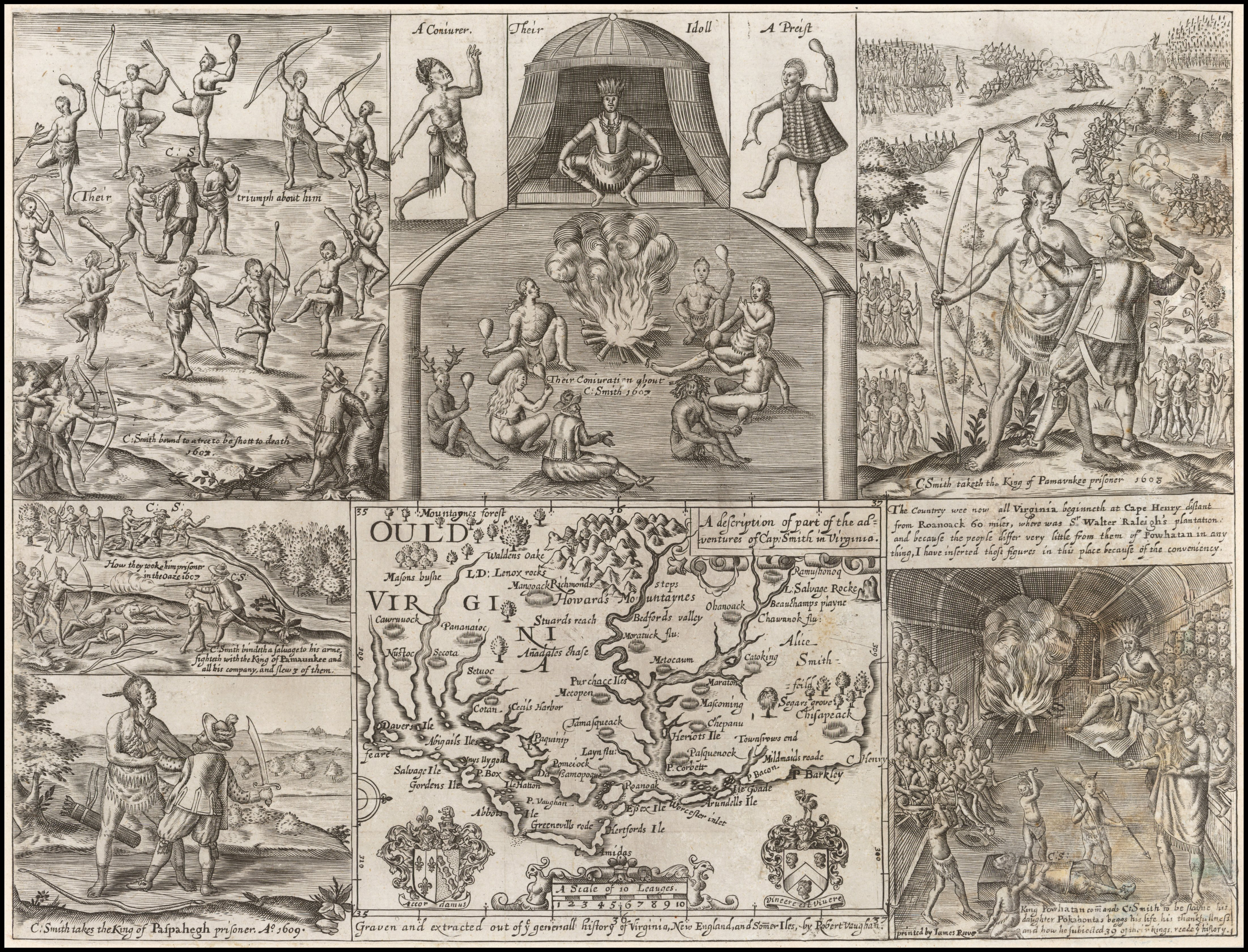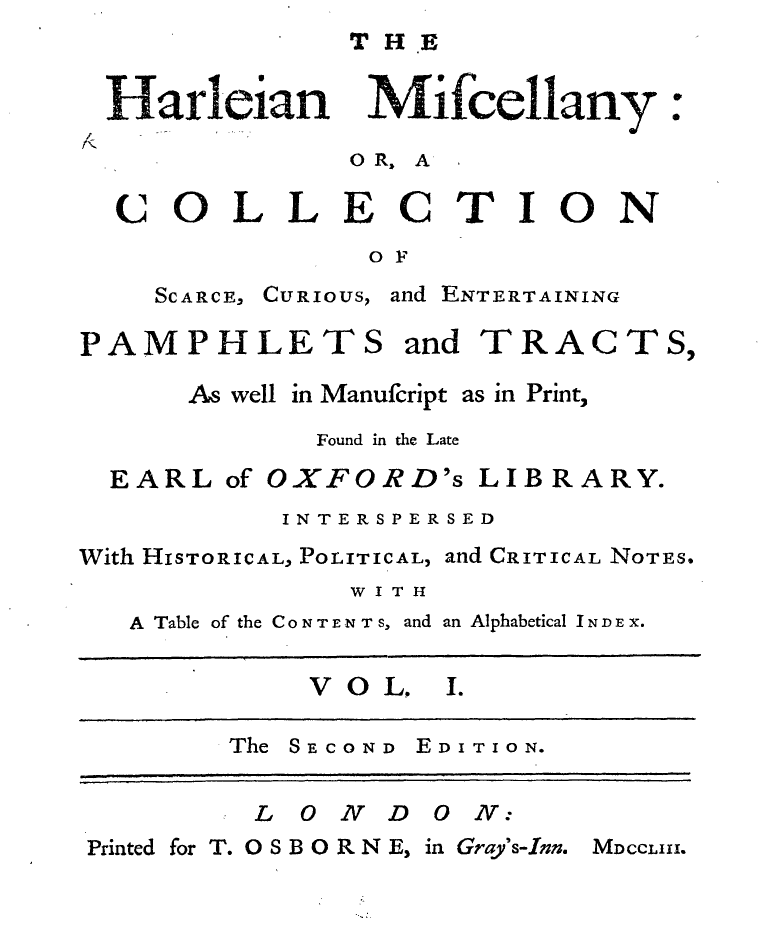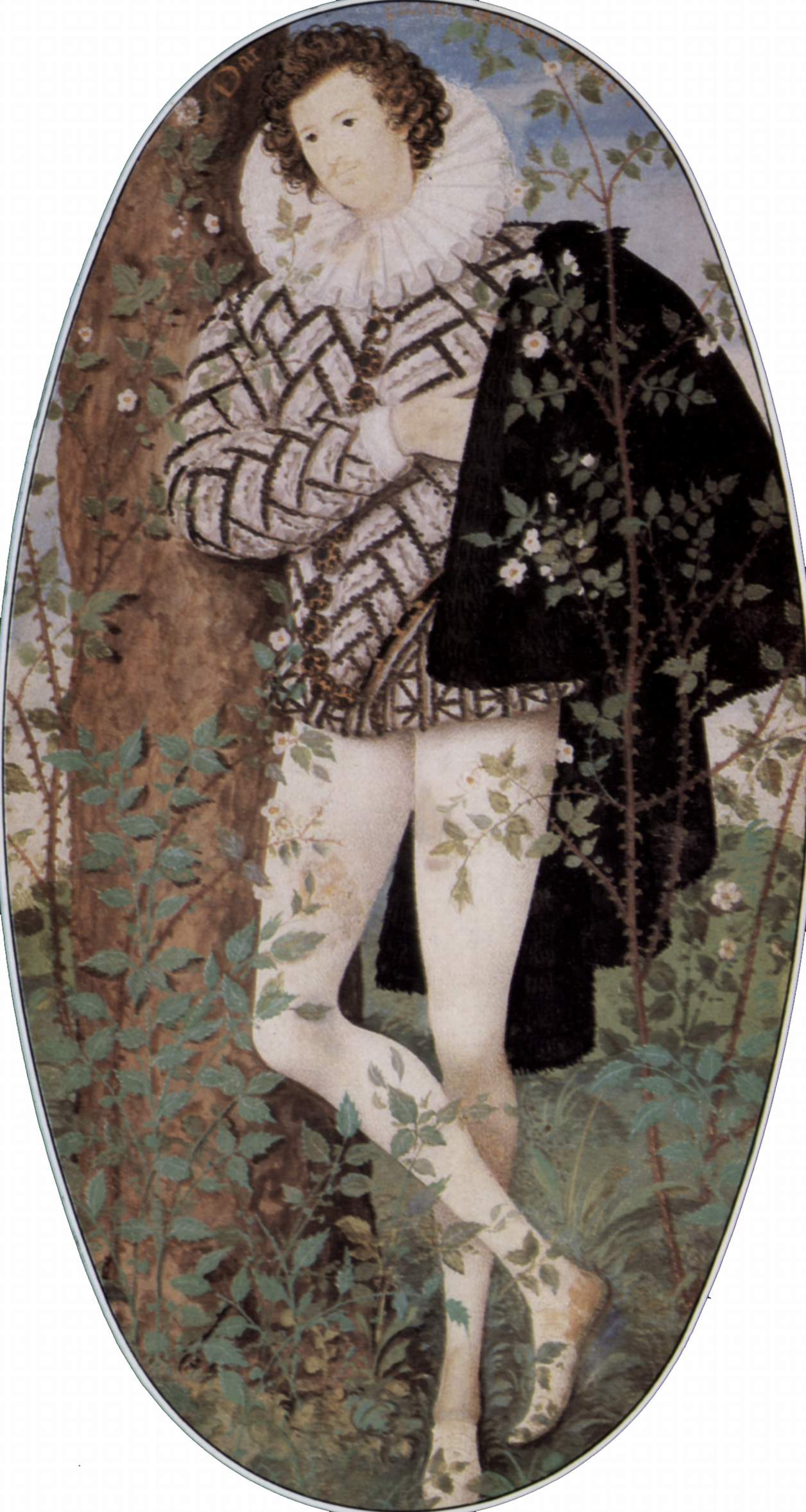|
Sir Hugh Platt
Sir Hugh Plat (1552–1608) was an English writer on agriculture and inventor, known from his works ''The Jewell House of Art and Nature'' (1594) and his major work on gardening ''Floraes Paradise'' (1608). Biography Hugh Plat was born in the spring of 1552, and baptised at St. James's, Garlickhythe, on 3 May 1552. He was third son, the eldest surviving son, of Richard Platt (1525–1600), a London brewer who ran the Old Swan brewery in James Street, London. His father owned property in St Pancras, London, bequeathed much of it to the foundation and endowment of a free grammar school and six almshouses at Aldenham, Hertfordshire, and was buried at St. James's, Garlickhythe, on 28 November 1600. Hugh's mother, Alice, was daughter of John Birtles, of Birtles, Cheshire. Plat matriculated as a pensioner of St John's College, Cambridge, on 12 November 1568 and he graduated as a Bachelor of Arts in 1572. Soon afterwards he became a member of Lincoln's Inn. He resided from 1594 at ... [...More Info...] [...Related Items...] OR: [Wikipedia] [Google] [Baidu] |
Seneca The Younger
Lucius Annaeus Seneca the Younger ( ; AD 65), usually known mononymously as Seneca, was a Stoicism, Stoic philosopher of Ancient Rome, a statesman, a dramatist, and in one work, a satirist, from the post-Augustan age of Latin literature. Seneca was born in Córdoba, Spain, Colonia Patricia Corduba in Hispania, and was trained in rhetoric and philosophy in Rome. His father was Seneca the Elder, his elder brother was Lucius Junius Gallio Annaeanus, and his nephew was the poet Lucan. In AD 41, Seneca was exiled to the island of Corsica under emperor Claudius, but was allowed to return in 49 to become a tutor to Nero. When Nero became emperor in 54, Seneca became his advisor and, together with the praetorian prefect Sextus Afranius Burrus, provided competent government for the first five years of Nero's reign. Seneca's influence over Nero declined with time, and in 65 Seneca was executed by forced suicide for alleged complicity in the Pisonian conspiracy to Assassination, assassinate ... [...More Info...] [...Related Items...] OR: [Wikipedia] [Google] [Baidu] |
1608 Deaths
Events January–March *January 2 – The first of the Jamestown supply missions returns to the Colony of Virginia with Christopher Newport commanding the ''John and Francis'' and the ''Phoenix'' bringing about 100 new settlers to supplement the 38 survivors he finds at Jamestown. *January 7 – At Jamestown, Virginia, fire destroys "all the houses in the fort"; the fort is repaired in March. *January 11 – John Smith (explorer), John Smith is released by Powhatan after 15 days of captivity, and arrives back at Jamestown, Virginia, Jamestown the next day. Upon his return, instead of being welcomed, he is charged with negligence for the deaths of the two men with him at the time of his capture, Jehu Robinson and Thomas Emery, but later exonerated. *January 17 – Emperor Susenyos I of Ethiopia defeats an Oromo people, Oromo army at Ebenat; 12,000 Oromo are reportedly killed at a cost of 400 Amhara people, Amhara. *January 23 – Treaty of The Hague, a ... [...More Info...] [...Related Items...] OR: [Wikipedia] [Google] [Baidu] |
1552 Births
__NOTOC__ Year 1552 (Roman numerals, MDLII) was a leap year starting on Friday of the Julian calendar. Events January–March * January 15 – Henry II of France and Maurice, Elector of Saxony, sign the Treaty of Chambord. * February 12 – Pedro de Valdivia founds the Chilean city of Valdivia (city), Valdivia, as ''Santa María la Blanca de Valdivia''. * February 24 – The privileges of the Hanseatic League are abolished in Kingdom of England, England. * March 26 – Guru Amar Das becomes the Third Sikh Guru. April–June * April 8 – Maurice, Elector of Saxony, liberates Augsburg and sets about to capture Charles V, Holy Roman Emperor. * April 11 – Metz Cathedral is consecrated. * April 15 – The Act of Uniformity 1552, Act of Uniformity is given royal assent and imposes use of the Protestant Book of Common Prayer on Kingdom of England, England. * April 16 – Pedro de Valdivia founds the city of La Imperial, Chile. * April ... [...More Info...] [...Related Items...] OR: [Wikipedia] [Google] [Baidu] |
John Evelyn
John Evelyn (31 October 162027 February 1706) was an English writer, landowner, gardener, courtier and minor government official, who is now best known as a diary, diarist. He was a founding Fellow of the Royal Society. John Evelyn's Diary, John Evelyn's diary, or memoir, spanned the period of his adult life from 1640, when he was a student, to 1706, the year he died. He did not write daily at all times. The many volumes provide insight into life and events at a time before regular magazines or newspapers were published, making diaries of greater interest to modern historians than such works might have been at later periods. Evelyn's work covers art, culture and politics, including the execution of Charles I, Oliver Cromwell's rise and eventual natural death, the last Great Plague of London, and the Great Fire of London in 1666. ''John Evelyn's Diary'' was first published posthumously in 1818, but over the years was overshadowed by that of Samuel Pepys. Pepys wrote a differen ... [...More Info...] [...Related Items...] OR: [Wikipedia] [Google] [Baidu] |
Harleian Miscellany
''The Harleian Miscellany'' is a collection of material from the library of the Earl of Oxford and Earl Mortimer collated and edited by Samuel Johnson and William Oldys between 1744 and 1753 on behalf of the publisher Thomas Osborne. Its subtitle was A Collection of Scarce, Curious, And Entertaining Pamphlets And Tracts, as well In Manuscript As In Print, Found In The Late Earl Of Oxford's Library, Interspersed With Historical, Political, And Critical Notes. Provenance The "late Earl of Oxford" whose library was the source of the texts could refer either to Robert Harley, 1st Earl of Oxford and Earl Mortimer (died 1724), or to his son, Edward Harley, 2nd Earl of Oxford and Earl Mortimer (died 1741). A passage at the beginning of the first volume emphasizes the role of Robert Harley, the first earl, in the creation of the library: There can be no Objection against the Prefixing the reasons for Creating the Right Honorable Robert Harley, Esq., a Peer of Great-Britain, and Earl o ... [...More Info...] [...Related Items...] OR: [Wikipedia] [Google] [Baidu] |
Arnold De Boate
Arnold may refer to: People * Arnold (given name), a masculine given name * Arnold (surname), a German and English surname Places Australia * Arnold, Victoria, a small town in the Australian state of Victoria Canada * Arnold, Nova Scotia United Kingdom * Arnold, East Riding of Yorkshire * Arnold, Nottinghamshire United States * Arnold, California, in Calaveras County * Arnold, Carroll County, Illinois * Arnold, Morgan County, Illinois * Arnold, Iowa * Arnold, Kansas * Arnold, Maryland * Arnold, Mendocino County, California * Arnold, Michigan * Arnold, Minnesota * Arnold, Missouri * Arnold, Nebraska * Arnold, Ohio * Arnold, Pennsylvania * Arnold, Texas * Arnold, Brooke County, West Virginia * Arnold, Lewis County, West Virginia * Arnold, Wisconsin * Arnold Arboretum of Harvard University, Massachusetts * Arnold Township, Custer County, Nebraska Other uses * Arnold (automobile), a short-lived English car * Arnold of Manchester, a former English coachbuilder * Ar ... [...More Info...] [...Related Items...] OR: [Wikipedia] [Google] [Baidu] |
Bulstrode Whitelocke
Sir Bulstrode Whitelocke (6 August 1605 – 28 July 1675) was an English lawyer, writer, parliamentarian, and one of the commissioners of the Great Seal during the Interregnum. Early life He was the eldest son of Sir James Whitelocke and Elizabeth Bulstrode, and was born on 6 August 1605 at George Croke's house in Fleet Street, London. He was baptized on 19 August 1605 at the nearby church of St Dunstan-in-the-West, where his mother's parents were married in 1571; his notorious uncle Edmund Whitelocke, being one of the godfathers, announced that the child was to be called Bulstrode. The vicar demurred, but Edmund insisted that he bear his mother's name, "Bulstrode or Elizabeth, let them choose which they please". Bulstrode was educated briefly at Eton College, then at Merchant Taylors' School and at St John's College, Oxford, where he matriculated on 8 December 1620. Early career He left Oxford, without a degree, for the Middle Temple, and was called to the bar in 1626; ... [...More Info...] [...Related Items...] OR: [Wikipedia] [Google] [Baidu] |
Hops
Hops are the flowers (also called seed cones or strobiles) of the hop plant ''Humulus lupulus'', a member of the Cannabaceae family of flowering plants. They are used primarily as a bittering, flavouring, and stability agent in beer, to which, in addition to bitterness, they impart floral, fruity, or citrus flavours and aromas. Hops are also used for various purposes in other beverages and herbal medicine. The hops plants have separate female and male plants, and only female plants are used for commercial production. The hop plant is a vigorous climbing herbaceous perennial, usually trained to grow up strings in a field called a hopfield, hop garden (in the South of England), or hop yard (in the West Country and United States) when grown commercially. Many different varieties of hops are grown by farmers around the world, with different types used for particular styles of beer. The first documented use of hops in beer is from the 9th century, though Hildegard of Bingen, 300 y ... [...More Info...] [...Related Items...] OR: [Wikipedia] [Google] [Baidu] |
Robert Devereux, 2nd Earl Of Essex
Robert Devereux, 2nd Earl of Essex (; 10 November 1565 – 25 February 1601) was an English nobleman and a favourite of Queen Elizabeth I. Politically ambitious, he was placed under house arrest following a poor campaign in Ireland during the Nine Years' War in 1599. In 1601, he led an abortive ''coup d'état'' against the government of Elizabeth I and was executed for treason. Early life Robert Devereux was born on 10 November 1565 at Netherwood in Herefordshire, the eldest son of Walter Devereux, 1st Earl of Essex, and his wife Lettice Knollys., 1st paragraph. From birth, the young Robert Devereux had a strong association with Queen Elizabeth I. Lettice was a close friend of Elizabeth and served as her Maid of the Privy Chamber. Robert Devereux was presumably named after his godfather Robert Dudley, Earl of Leicester, who was the queen's favourite for many years. Additionally, Devereux's maternal great-grandmother Mary Boleyn was a sister of Anne Boleyn (Elizabeth I's mo ... [...More Info...] [...Related Items...] OR: [Wikipedia] [Google] [Baidu] |
The Jewell House Of Art And Nature, 1653, P
''The'' is a grammatical article in English, denoting nouns that are already or about to be mentioned, under discussion, implied or otherwise presumed familiar to listeners, readers, or speakers. It is the definite article in English. ''The'' is the most frequently used word in the English language; studies and analyses of texts have found it to account for seven percent of all printed English-language words. It is derived from gendered articles in Old English which combined in Middle English and now has a single form used with nouns of any gender. The word can be used with both singular and plural nouns, and with a noun that starts with any letter. This is different from many other languages, which have different forms of the definite article for different genders or numbers. Pronunciation In most dialects, "the" is pronounced as (with the voiced dental fricative followed by a schwa) when followed by a consonant sound, and as (homophone of the archaic pronoun ''thee' ... [...More Info...] [...Related Items...] OR: [Wikipedia] [Google] [Baidu] |








